Understanding What is a Trailer Tongue and Its Importance in Towing
In the world of towing, the trailer tongue plays a crucial role in ensuring safety and stability on the road. According to towing expert John Smith, “The trailer tongue is not just a connector; it’s the backbone of your towing setup, ensuring that both vehicle and trailer work in harmony.” Understanding the function and importance of a well-designed trailer tongue can greatly enhance your towing experience, preventing potential mishaps that may arise from improper equipment.

As one of the most vital components of a trailer, the tongue not only facilitates the connection between the tow vehicle and the trailer but also influences the overall weight distribution and handling during transit. A robust and properly maintained trailer tongue can significantly reduce the risk of sway, improving driving comfort and safety. In this article, we will explore the top five reasons why the trailer tongue should not be overlooked, and how choosing the right design can elevate your towing capabilities, making you a more responsible and confident tower on the road.
Understanding the Functionality of Trailer Tongues in Towing Dynamics
A trailer tongue is a critical component in the towing dynamics, acting as the connection point between the tow vehicle and the trailer. The trailer tongue allows for efficient weight distribution and stability during transport. According to a report by the National Highway Traffic Safety Administration (NHTSA), improper trailer tongue weight can lead to swaying, which is responsible for nearly 30% of towing-related accidents. Ideally, the tongue weight should hover around 10-15% of the total trailer weight to ensure balanced handling and reduce the risk of fishtailing.
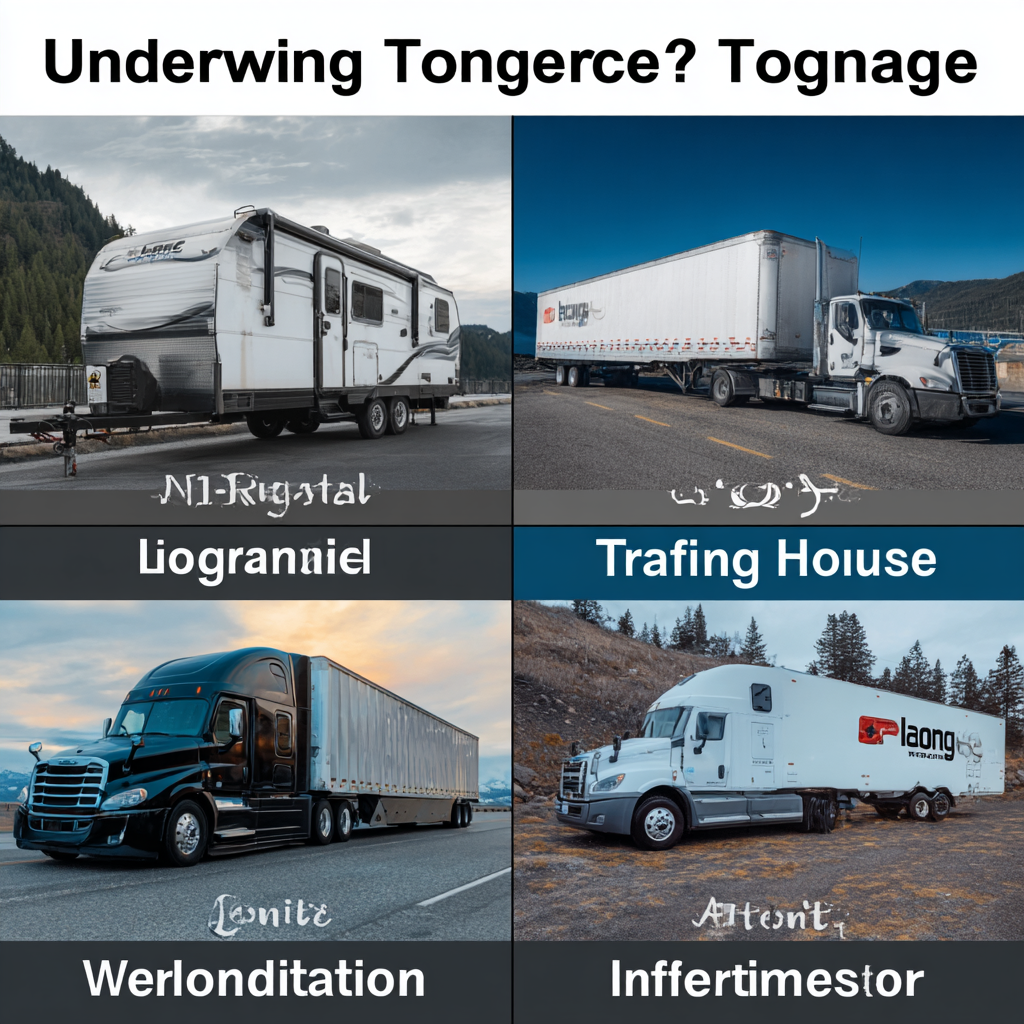
Moreover, trailer tongues come in various designs, such as the A-frame and straight tongue, each providing unique advantages. A study by the RV Industry Association indicates that the choice of trailer tongue design can significantly affect towing performance, including maneuverability and ease of coupling. With advancements in engineering, adjustable tongues are increasingly being utilized to accommodate different towing scenarios, offering versatility and improved safety. Understanding these dynamics ensures that both novice and experienced drivers are equipped to handle their towing responsibilities effectively.
Key Measurements and Specifications of Trailer Tongues for Optimal Performance
When selecting a trailer tongue, understanding key measurements and specifications is crucial for ensuring optimal towing performance. The trailer tongue, which connects the trailer to the towing vehicle, must provide sufficient strength and stability. According to the National Association of Trailer Manufacturers (NATM), the tongue weight—typically 10-15% of the total trailer weight—plays a vital role in maintaining balance during transport. A proper tongue weight ensures that the trailer doesn’t sway, which can lead to dangerous driving conditions.
Additionally, the material composition and design of the trailer tongue are significant factors that can impact durability and load capacity. Steel tongues, commonly used in heavy-duty applications, offer enhanced strength, while aluminum tongues provide a lightweight alternative without sacrificing performance. A report from the American Society of Testing and Materials (ASTM) indicates that trailers constructed with properly measured tongues can significantly reduce the risk of structural failure. For optimal performance, it is essential for trailer owners to pay close attention to these specifications, ensuring that their trailer tongue is suited for their specific towing needs.
The Role of Trailer Tongue Weight in Vehicle Stability and Safety
The tongue of a trailer, which is the part that connects it to the towing vehicle, plays a crucial role in maintaining stability and safety during transport. One of the most vital aspects of a trailer tongue is its weight distribution, known as tongue weight. This refers to the downward force that the trailer exerts at the hitch point of the towing vehicle. Ideally, the tongue weight should be around 10-15% of the total trailer weight, which ensures that the load is balanced and reduces the risk of swaying.
An improper tongue weight can lead to various safety issues. If the tongue weight is too low, it may cause the trailer to fishtail, making it difficult to control, especially at higher speeds or in windy conditions. Conversely, excessive tongue weight can overload the vehicle’s rear axle, compromising braking and steering capabilities. Maintaining the correct tongue weight is essential for achieving optimal handling and performance, enhancing both vehicle stability and safety during towing. Properly managing trailer tongue weight not only ensures a smooth ride but is also critical for the overall safety of the driver and others on the road.
Understanding What is a Trailer Tongue and Its Importance in Towing - The Role of Trailer Tongue Weight in Vehicle Stability and Safety
| Feature | Description | Importance |
|---|---|---|
| Trailer Tongue | The part of the trailer that connects to the tow vehicle. | Ensures secure connection and stability during towing. |
| Tongue Weight | The downward force exerted by the trailer on the hitch of the tow vehicle. | Critical for proper weight distribution and vehicle control. |
| Recommended Tongue Weight Percentage | Typically 10-15% of the total trailer weight. | Prevents trailer sway and enhances braking efficiency. |
| Consequences of Improper Tongue Weight | Can lead to sway, instability, and increased stopping distances. | Understanding this helps improve safety while towing. |
| Adjustability | Many trailers have adjustable tongues to modify tongue weight. | Allows for flexibility based on varying load distributions. |
Comparative Analysis of Different Types of Trailer Tongues and Their Applications
When exploring the different types of trailer tongues, it's crucial to understand their distinct applications and advantages. There are primarily three types: fixed, adjustable, and removable trailer tongues. According to a report from the National Association of Trailer Manufacturers, adjustable tongues are becoming increasingly popular due to their versatility, accommodating various towing scenarios and vehicles. This type allows users to alter the length, which is beneficial for achieving an optimal towing height to ensure stable transport.
Fixed trailer tongues, on the other hand, offer structural integrity and are ideal for specialized trailers that require a specific tow height. They are often utilized in commercial settings where reliability is paramount. Removable tongues provide convenience, making it easy to detach when not in use or when storing the trailer. This flexibility is essential for those with space constraints.
**Tips:** When choosing a trailer tongue, consider the weight capacity and compatibility with your towing vehicle. Ensure that the trailer tongue is rated for the maximum load you plan to carry to avoid safety hazards. Regular maintenance checks can also prolong the lifespan of your trailer's tongue and enhance towing safety.
Comparative Analysis of Different Types of Trailer Tongues and Their Applications
Impact of Material Choice on Trailer Tongue Durability and Load Capacity
The material choice for a trailer tongue is crucial in determining both its durability and load capacity. Typically constructed from steel, aluminum, or composite materials, each option presents unique advantages and disadvantages.
Steel, popularly known for its strength and resilience, provides excellent load-bearing capacity, making it suitable for heavy-duty towing applications. However, it is also prone to rust if not properly maintained.
On the other hand, aluminum offers a lighter alternative that is naturally corrosion-resistant, ideal for situations where weight savings are a priority. However, aluminum may not support as much load as its steel counterpart, raising questions about its suitability for larger trailers.
Composite materials have emerged as another option in recent years. These materials combine lightweight properties with high strength, making them an attractive choice for various towing needs.
While composites can resist the effects of moisture and rust, their performance can be highly dependent on exactly how they are formulated.
Ultimately, selecting the right material for a trailer tongue is about balancing durability, load capacity, and specific use-case requirements. Making an informed decision will ensure safe and effective towing while enhancing the longevity of the trailer and its components.
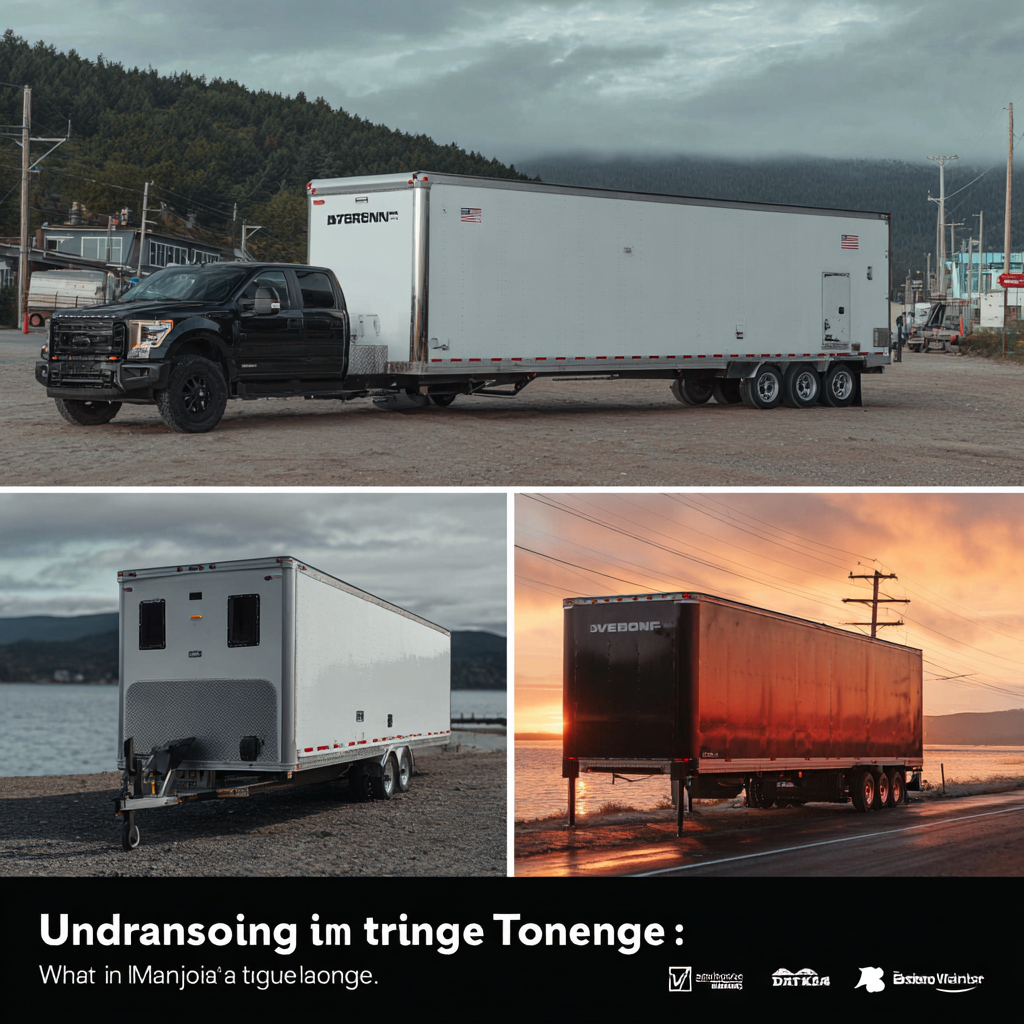
Related Posts
-

Trailer Kit Showdown: An In-Depth Comparison of Top Brands and Their Performance Metrics
-

Advantages of Choosing a Quality Pontoon Boat Trailer for Your Water Adventures
-
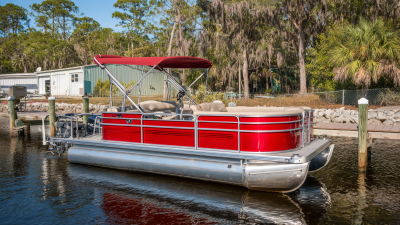
Why Choosing the Right Pontoon Boat Trailer is Essential for Your Water Adventures
-
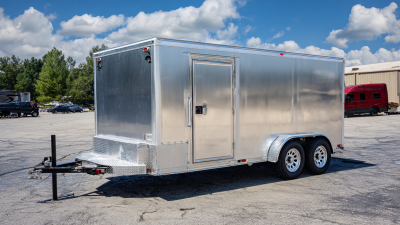
Unlocking Advantages: Why the Best Aluminum Trailers Lead the Market in Durability and Performance
-
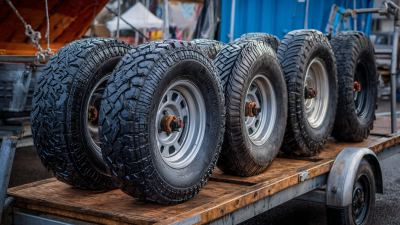
Understanding Issues with Best Boat Trailer Tires for Global Importers
-
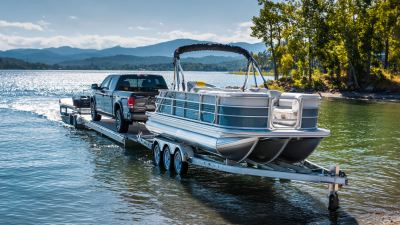
Essential Guide to Choosing the Perfect Pontoon Boat Trailer for Your Water Adventures
